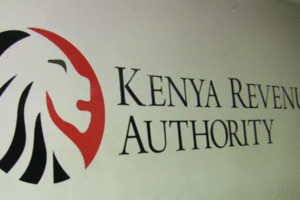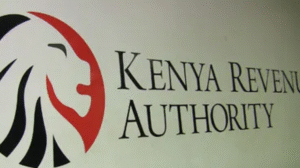In Kenya, a heated debate rages as the Finance Bill 2024 moves forward in Parliament despite strong objections from the public.
The bill, aimed at shaping the country’s financial policies, has passed its initial hurdle and now faces intense scrutiny.
With 204 Members of Parliament (MPs) voting in favor and 115 against, the bill’s progress highlights a divided nation.
Citizens have taken to the streets in protest, expressing concerns over proposed tax changes and their potential impact on daily life.
The widespread public outcry reflects the high stakes involved in the bill’s amendments, which will significantly affect the economic landscape of the country.
Key amendments under consideration include reducing excise duties on mobile money transfers and eliminating VAT on financial services and foreign exchange transactions.
These adjustments are seen as efforts to ease financial burdens on consumers and stimulate economic activity.
The proposed changes are part of a broader strategy to enhance financial inclusion and reduce the cost of living.
There’s a proposal to impose excise duties on imported onions and potatoes while removing such levies on imported eggs, aiming to protect local industries.
This measure is designed to boost domestic agriculture by making locally produced goods more competitive.
Notably, the Finance Committee has recommended scrapping the 16% VAT on bread, though the categorization of bread for tax purposes remains unresolved.
This proposal aims to lower the cost of basic foodstuffs, thereby providing relief to Kenyan households.
Another significant proposal is the repeal of the 2.5% motor vehicle tax, citing concerns over its impact on the insurance sector.
This move is intended to reduce the financial burden on vehicle owners and encourage growth in the automotive and insurance industries.
Small-scale farmers, earning less than Ksh1 million annually, may find relief as they are exempted from mandatory usage of the Electronic Tax Invoice Management System (e-Tims), a move aimed at reducing administrative burdens.
This exemption is designed to support small-scale farmers and promote agricultural productivity.
Despite these adjustments, protests have erupted nationwide, disrupting daily life and underscoring public discontent.
The demonstrations highlight the deep-seated frustrations of Kenyans who feel that the bill’s benefits do not outweigh its potential drawbacks.
The outcome of the bill’s deliberations will significantly impact Kenya’s national budget and economic policy, potentially shaping the country’s financial landscape for years to come.
As the bill now enters a critical phase, all MPs will have the opportunity to propose further changes.
A final vote, expected next week, will determine whether the bill becomes law, effective July 1st.
The Finance Bill 2024 is a pivotal piece of legislation that has sparked intense debate and public engagement.
Its passage will mark a significant moment in Kenya’s economic history, reflecting the country’s ongoing struggle to balance fiscal policy with the needs of its citizens.





















Add Comment